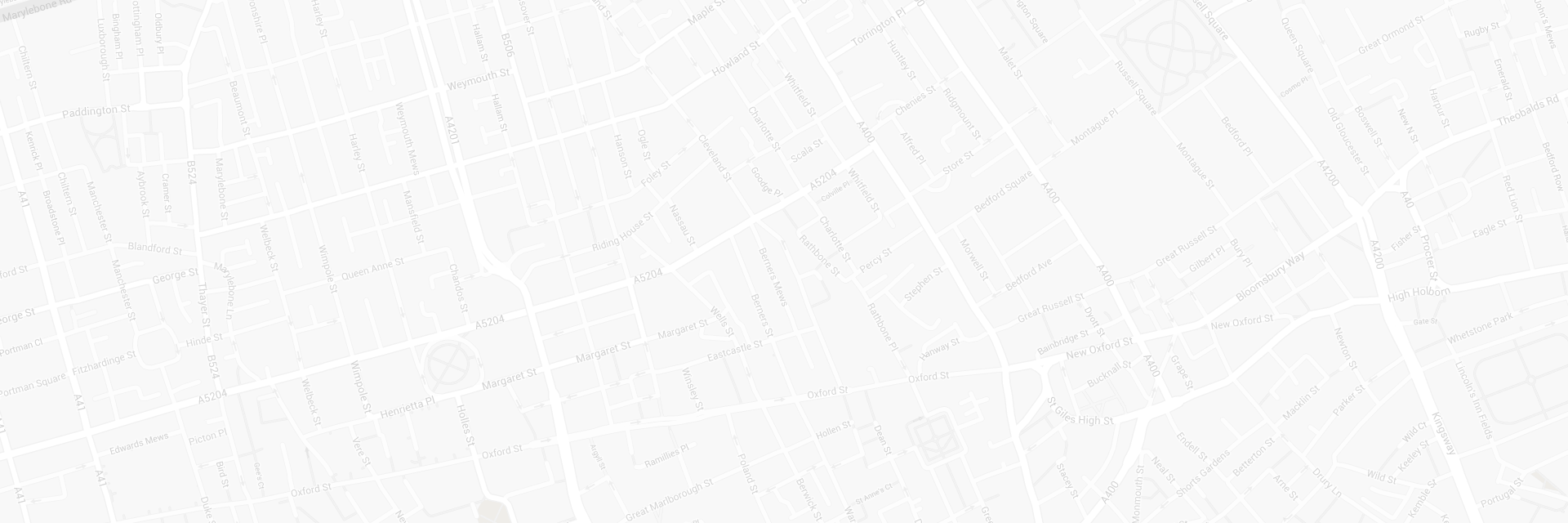DIYETETIK YÖNETIM
What is healthy eating and why is it important?
Healthy eating consists of three main ideas that aim to make you feel energised, balanced and above all, healthier. Healthy eating promotes the long-term aim of maintaining a well-balanced diet. Having a healthy diet is important for your health and well-being. Eating a wide variety of foods, and ensuring that you don't eat too much salt, sugar, or saturated fats is essential.
What are the benefits of eating healthily?
Healthy eating has numerous benefits for children and adults. These can include:
- improving skin, teeth, and eye health
- helping you to live a longer life
- boosting your natural immunity
- lowering your risk of heart disease, type 2 diabetes, and some cancers
- supporting digestive system function
- strengthening bones and supporting muscles
- helping achieve or maintain a healthy weight
- supporting brain development and healthy growth in children and teens
What are the main ideas for healthy eating?
The three main ideas for healthy eating:
- eating a balanced diet
- having a healthy attitude towards food
- understanding the environmental impact of your diet
Kick-starting a positive eating regime can be life-changing but for some a little overwhelming. Consulting a professional nutritionist can help ensure you are achieving your food lifestyle changes in a positive and healthy way, paving a clear, individually tailored plan for your journey.
Healthy eating and dieting
It's important to note that healthy eating is different from dieting, and doesn't aim to reduce a significant amount of weight in a short space of time. It's more than losing weight, it focuses on all-around good health and its benefits. 'Dieting' is used to describe the process of cutting down or cutting out certain food groups, typically to aid rapid weight-loss. Diets aren't necessarily a healthy option: they can lead to dramatic weight-loss, but because they are only short-term fixes, weight often creeps back on after the diet is finished often leading to an unhealthy 'yo-yo' effect of the body's weight.
The dangers of fad diets
Fad diets, often promising longer life and rapid weight-loss based on pseudoscience theories, have zero scientific proof that they work and can make you feel very unwell, damaging to your health with long-term health issues.
Some diets can make you feel unwell
Crash diets often portray weight-loss as a quick, achievable process by considerably reducing the number of calories you consume. Due to these diets being unbalanced, you might start feeling ill as your body is in shock.
Excluding certain food types can be dangerous
Some diets cut out certain food groups altogether such as dairy products, fish, wheat or meat. This can prevent you from gaining important nutrients that help your body function properly. If you suspect you have an allergy or intolerance to a certain food group, consult a doctor/dietitian for an official diagnosis.
How to eat healthily
Ensuring you eat a wide variety of different foods can help you to meet your micronutrient needs. Making healthier choices and learning more about different food groups, eating a balanced diet, and what foods you should try not to eat too often can all help. It's important to make sure you get enough calories to help fuel how active you are. This means both eating and drinking enough to give you energy. When we eat too much, we end up storing the excess as fat. When we don't eat enough, we lose weight.
What are healthy foods to eat?
The NHS recommends basing your meats on higher fibre, starchy carbohydrates such as bread, potatoes, rice, pasta, and cereals. These should make up around about a third of what you eat. If you can, opt for whole grain varieties as they offer more fibre and help you feel fuller for longer. The fibre in whole grains helps feed the health-promoting bacteria in your gut, helping to prevent constipation and bloating. They also contain more vitamins and minerals, vital for energy production and overall good health.
There are two types of fibre - soluble and insoluble. Soluble fibre is found in fruits, vegetables, beans, lentils, pulses and porridge oats. Insoluble fibre is found in whole grains, brown rice, seeds and nuts. We need to have a balance of both soluble and insoluble fibre. Soluble fibre helps to stabilise blood sugar levels whilst insoluble fibre provides lots of roughage, moving waste through your digestive system and making your stools more bulky and solid but softer and easier to pass.
| Procedure One | $100 |
| Procedure Two | $200 |
| Procedure Three | $300 |
| Procedure Four | $500 |

